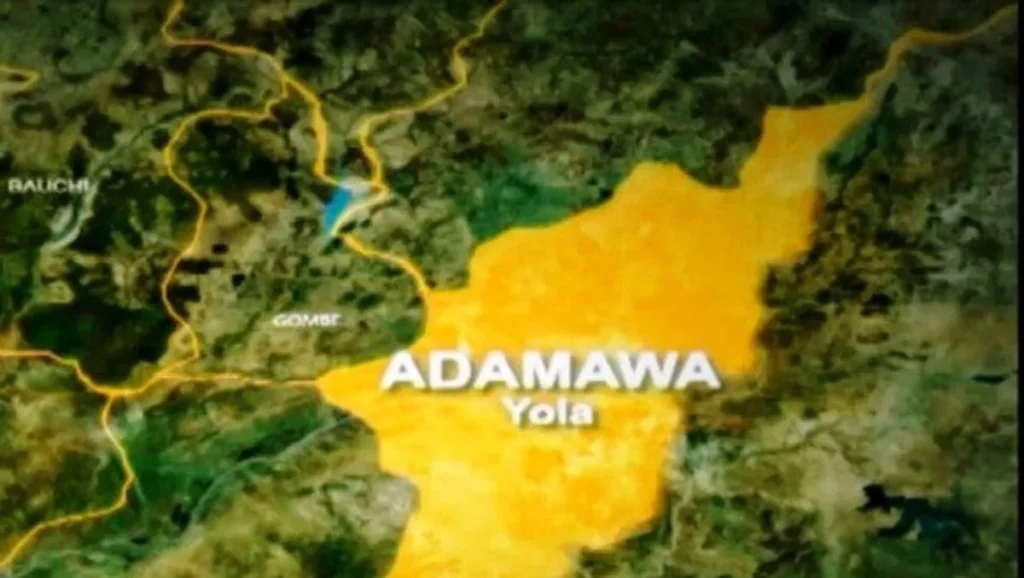NO fewer than 200 people have been killed by a dangerous humid heat that has been experienced from the 1st to 13th of this month in Yola, the Adamawa State capital.
Residents who spoke to our correspondent complained about a combination of high temperatures and relatively humid air, causing an approximate 47 to 50 degrees centigrade, which experts describe as a danger level, saying such could cause high risk of heat cramps and exhaustion.
Unofficial records at the Yola Cemetery Corporation (YCC), located in Damare area of the capital city, put the death toll from the unusually experienced excessive heat from May 1 to 13, 2024 at 400.
A former permanent secretary who was one of the eyewitnesses said: “I think 400 could have been a slight exaggeration, but surely, the number of people who died in these circumstances was as high as 200. At some point, up to 20 deaths were being recorded per day within that period.”
Many other persons who spoke with our correspondent said such unusual heat-waves were a seasonal occurrence in Yola and some other parts of Adamawa State, but that this “Even people who are up to 80 years of age said they had not experienced the excessive heat-waves we witnessed this year,” the former permanent secretary said.
During her visit to Damare cemetery on Thursday, some attendants told her that an average of 35 bodies were taken for burial at the facility on some of the days within the time under review.
Halliru Jauro Usman and Musa Umar, members of the YCC, attributed the increased deaths to hot weather.
Umar said the deceased’s ages were between 50 and 70.
“The actual number of deaths could be as high as 300 or even 400 from May 1 to 13, considering the number recorded daily,” he said.
Umar said the cemetery needed to be expanded in order to contain dead bodies.
His colleague, Usman, said people from numerous parts of Yola brought bodies of their deceased relatives to the cemetery.
A consultant at the Modibbo Adama Teaching Hospital (MAUTH), Yola, who spoke to our correspondent on condition of anonymity, said the surge in deaths could be attributed to high temperature, “leading to high level of infections affecting mostly the elderly.”
The consultant said the hospital had never recorded such a high number of deaths before.
He said high temperature could lead to dehydration, septicemia (also known as sepsis – the most extreme response of a person’s body to an infection) and measles.







